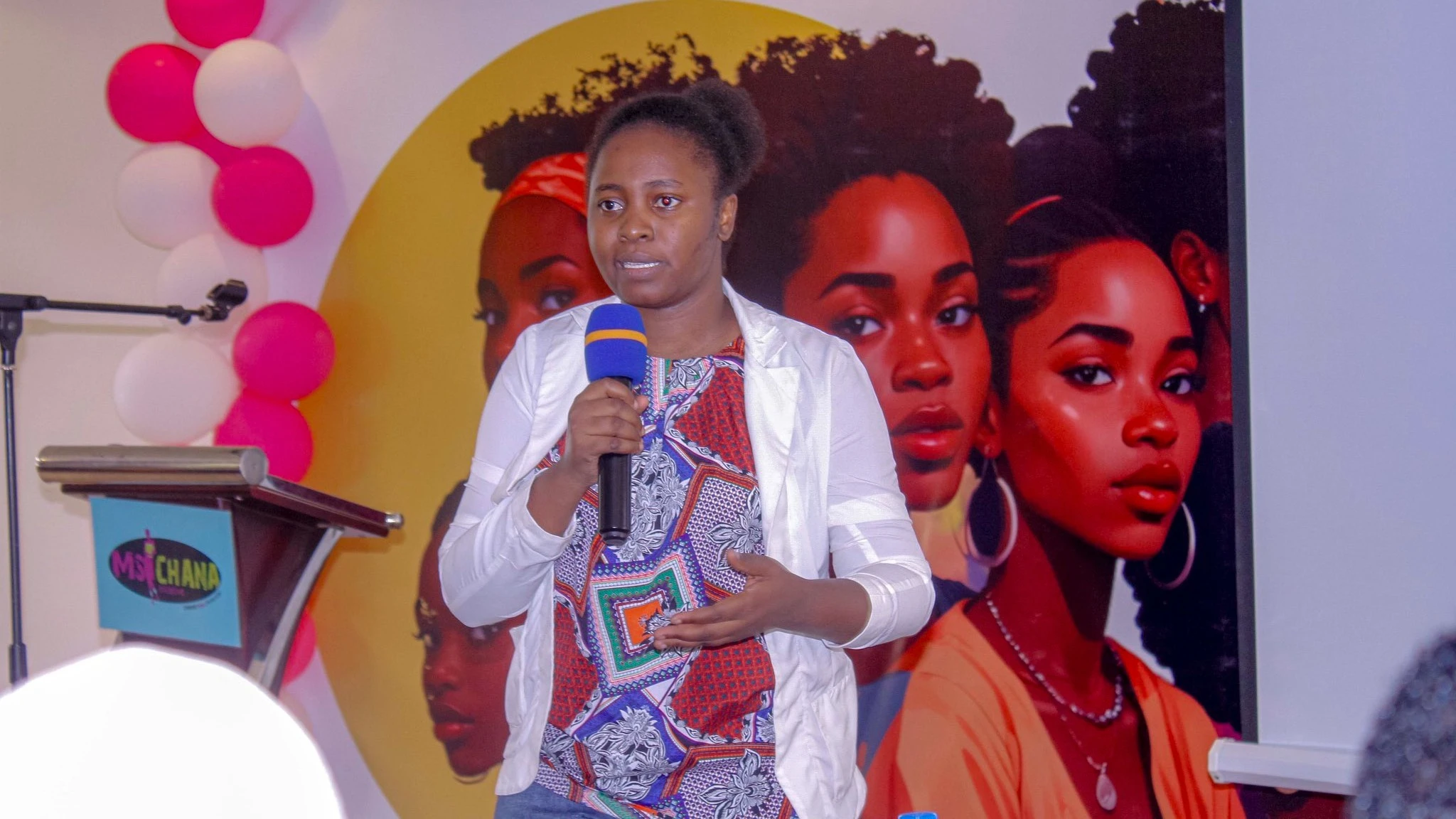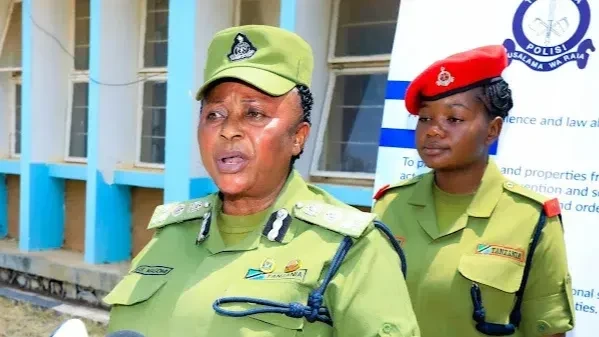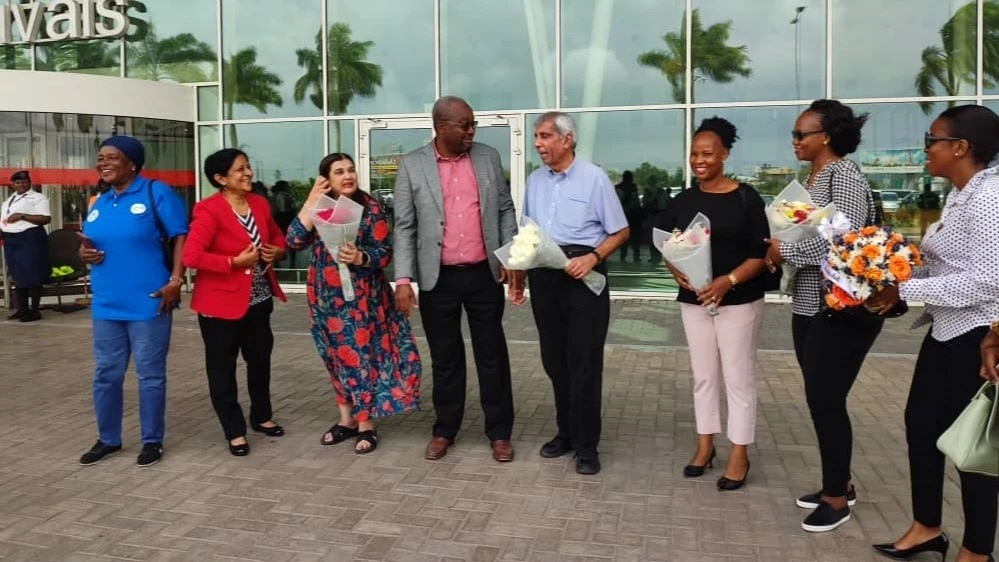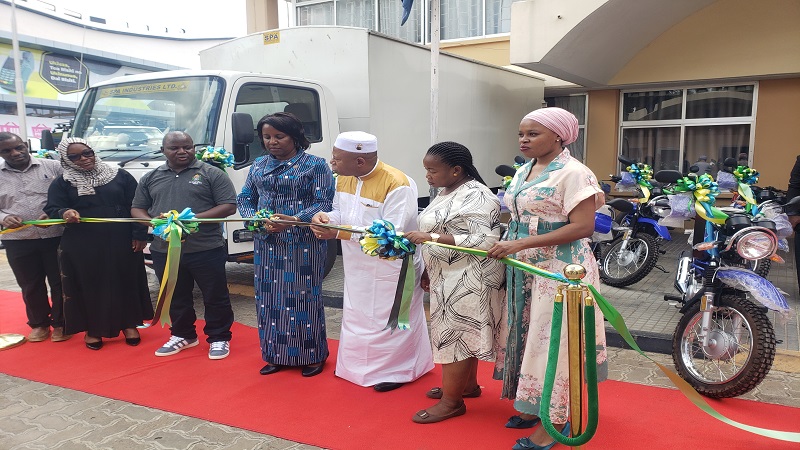Girls groomed on life, essential leadership skills

A Section of adolescent girls and young women in Tabora, Dodoma, Coast, and Dar es Salaam regions have been groomed with essential skills aimed to prepare them for various leadership opportunities and to contribute to the wider good and care for others.
Under the ‘Sauti Yetu, Nguvu Yetu’ programme which is implemented by Msichana Initiative, the girls have been also equipped with reproductive health (SRH) and gender education to help them know themselves and be able to make informed decisions regarding their lives.
Speaking at an event in Dar es Salaam over the weekend which brought together young feminists, Rosemary Batoba, ‘Sauti Yetu, and Nguvu Yetu’ project supervisor said efforts are still needed to train more young women who will lead others to bring positive changes in the society.
She said the organisation has groomed 20 champions who will be agents of change to lead other girls in their respective areas by imparting important knowledge to benefit others and support positive change in society.
Batoba noted that it is well documented that worldwide, women are still underrepresented in leadership and decision-making in various sectors, the programme has been timely in addressing this imbalance by empowering young girls to challenge harmful cultural norms and barriers, fostering their confidence to effect change.
She said the programme involves capacitating the girls with essential skills to strengthen their strategic thinking, enhance personal leadership skills, become great communicators, improve the ability to overcome various challenges as well as enhance the ability to make strategic choices,” she explained.
“The girls have been equipped with self-awareness skills to tackle harassment, including sexual exploitation, especially during election periods. We are building their capacity to become leaders, to recognise and confront various forms of abuse, and to focus on achieving their goals in leadership,” she said.
Mwajuma Hima, one of the girls from Ubungo District, Dar es Salaam shared that they have already begun mobilising girls through various formed groups to be able to contest positions in this year’s and next year’s elections.
“Girls, let us rise; the time for being passive is over. Now is our time for us to stand firm, pursue our dreams, and ensure we reach our goals,” she said.
Loveness Athuman from Nzega District in Tabora Region noted that the organisation has introduced a unique programme to help girls participate in leadership roles and challenge the notion that girls cannot be leaders.
“In our society, many women and girls do not engage in leadership roles, believing they are reserved for men. However, this programme has empowered us and shown that we can be leaders in various fields, just like men. We are not frightened,”
Walta Carlos, regional manager of Women’s Global Network for Reproductive Rights (WGNRR Africa) highlighted that societal systems and oppressive customs are major barriers preventing women from stepping forward for leadership roles.
“Through this programme, under Msichana Initiative and other stakeholders, we are building a generation of confident girls who are aware of their rights,” Walta said.
Top Headlines
© 2025 IPPMEDIA.COM. ALL RIGHTS RESERVED






















